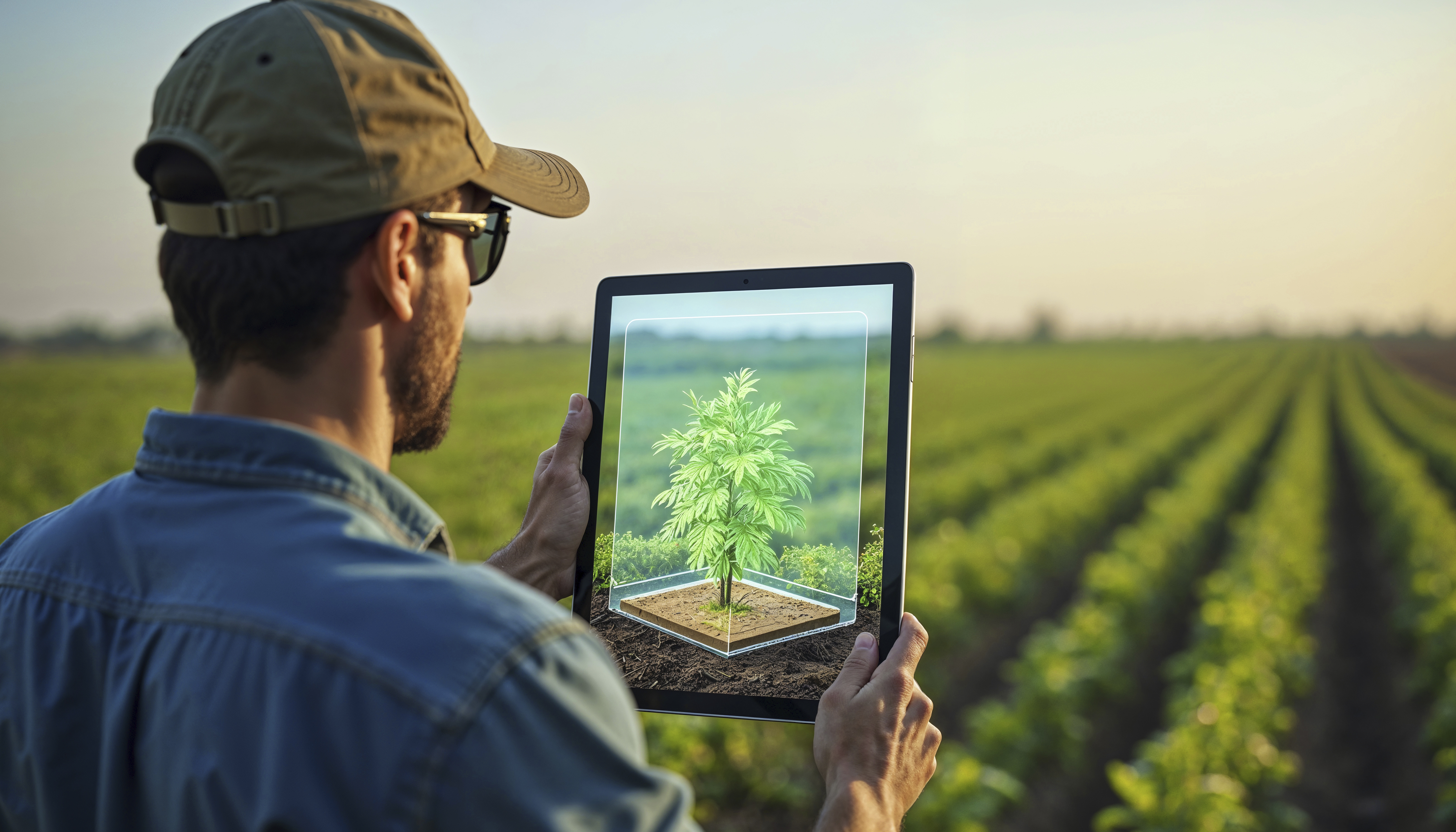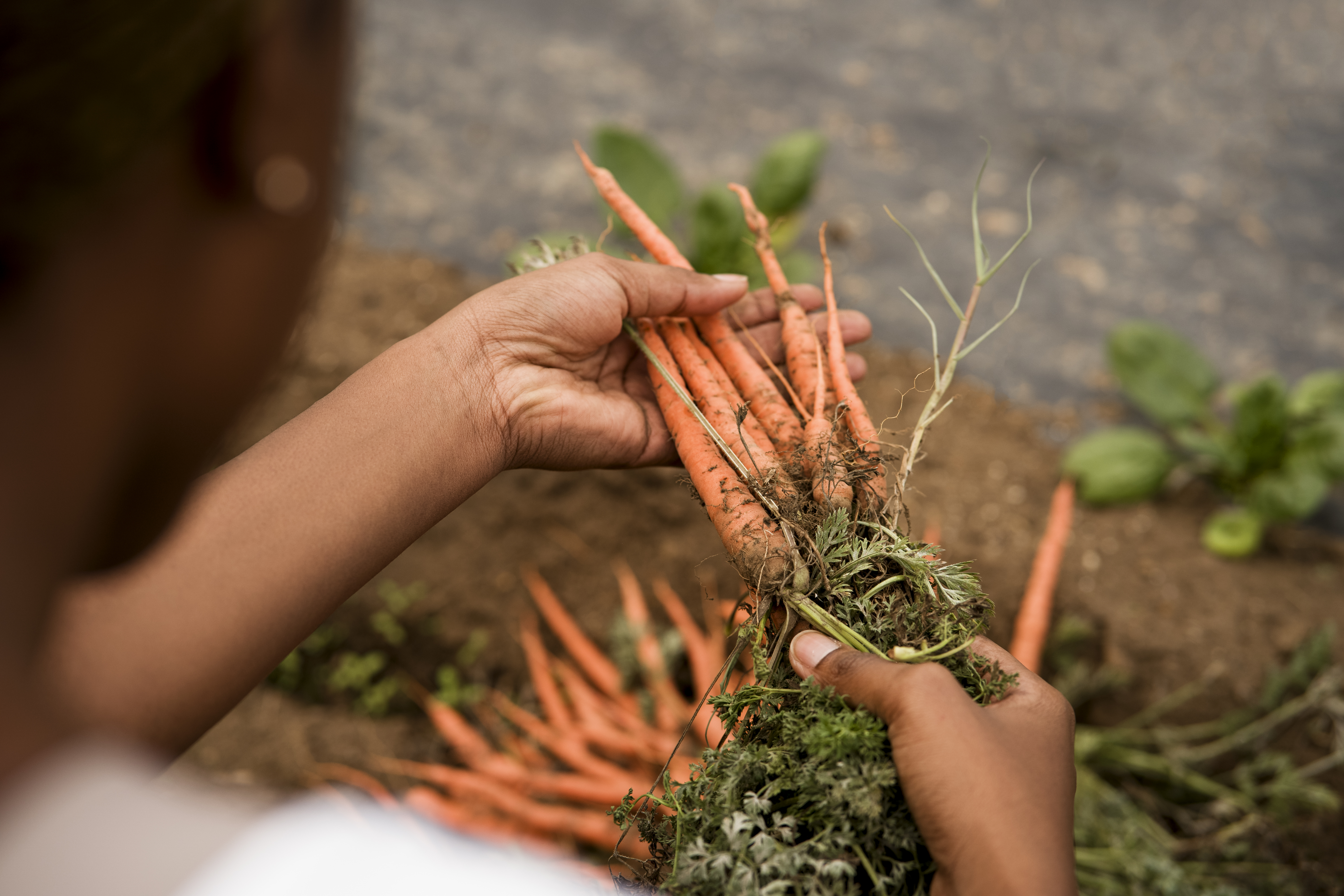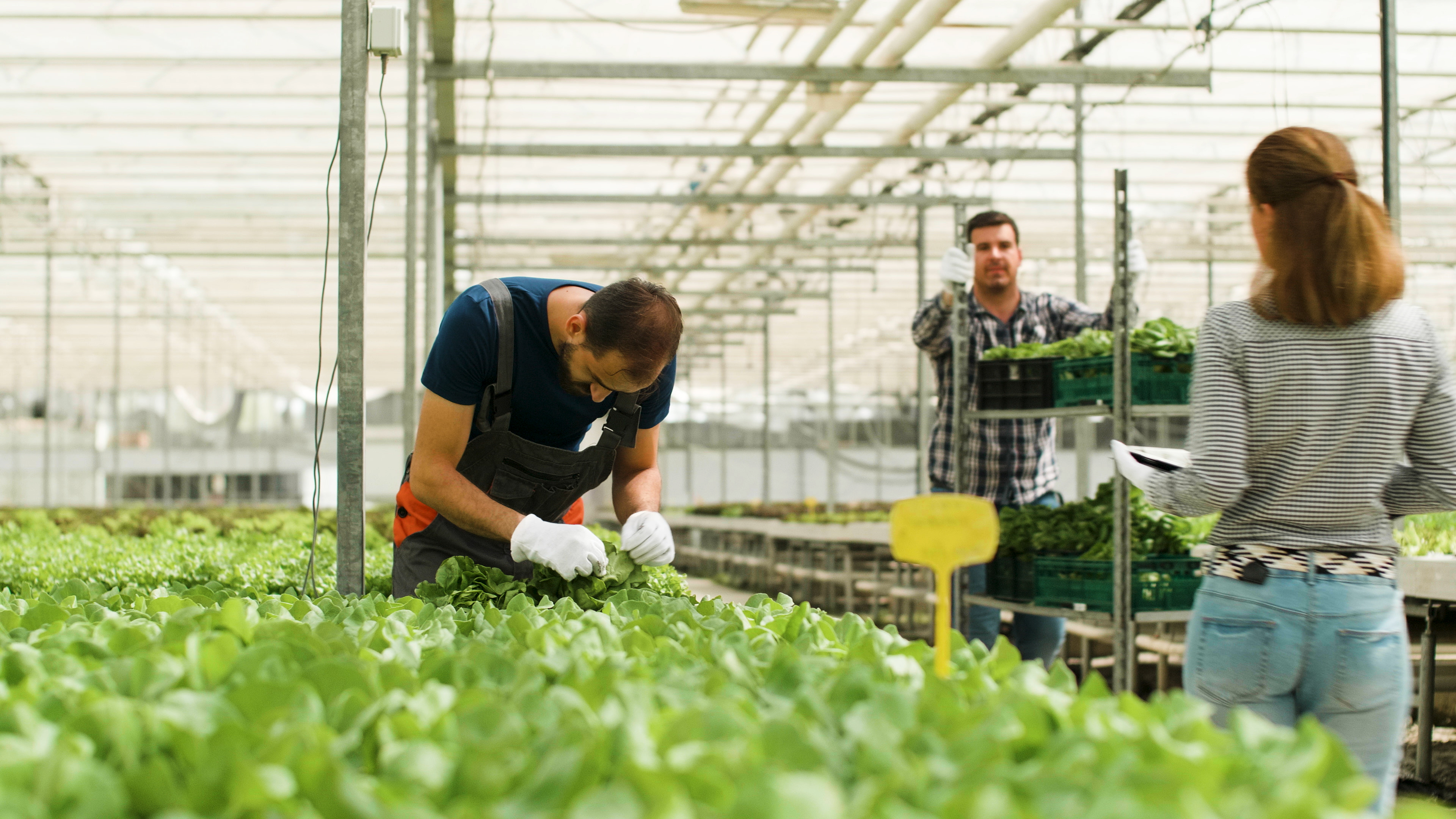How Emerging Technologies Are Reshaping Agriculture in India: Innovations for a Sustainable Future

The agricultural landscape in India has witnessed a drastic transformation in the last decade or so, mainly due to the use of new technology. As the world struggles with the need to sustain a growing populace while addressing the effects of climate change, the potential of Agtech has a tremendous impact on how agriculture can be done in a more sustainable manner. In this blog, we will discuss how these tech driven innovations are changing the agriculture sector in India, improving productivity and enhancing food security.
India has always been dependent on traditional farming practices, especially given the agrarian history it possesses. But with the population growth, and increased emphasis on sustainability, these age old practices are becoming less effective. Coming up with new technologies, which can disrupt the way agriculture is done promisingly does seem like the answer. Technologies such as precision farming, biotechnology and many other facets of technology are an evolution, and progression within the agriculture industry.
What comes first is no doubt the use of precision farming techniques and technology which is one of farming's most important revolution. Data analytics gives farmers the opportunity to make decisions that are relevant to the actual conditions of the soil, the weather and the crops. For example, soil moisture content is an important factor in determining irrigation requirements and a farmer can estimate it through sensors or satellite images so as to determine the most effective irrigation times. This saves water while also optimizing harvests which is a priority for effective management of resources.
Apart from this, the use of drones in farming has been on the rise in the past few years. High-tech drones are capable of conducting land surveys within a matter of hours and getting the work done accurately, thus making it easier for farmers to assess the health of their crops and discern the particular areas that need work. This allows farmers to perform timely actions, such as when plants are applying fertilizers or planting seeds. As a result, farmers can have it sufficiently easy to get more work done with much less effort and resources. This has led to many people shifting to using sustainable agriculture which aims at making less of an impact on the environment.
Another revolutionary transformation is the advent of genetically modified organisms (GMOs). In a nation where food security is a sensitive issue, biotechnology provides answers to the problems of pests, diseases, and climatic factors. Crops that resist drought or attacks by pests can drastically decrease the need for chemical pesticides and fertilizers. This assists in raising the purchases and at the same time promotes ecological balance through decrease in chemical inputs into the environment.
Also, the introduction of smart farming tools and techniques is transforming the agricultural ecosystem in India. For example, farmers can use Internet of Things devices to oversee farming activities from a distance. Smart sensors are also able to monitor temperature and humidity of the yield, nutrients in the soil, and health of the crops to provide useful information for the farmers. These technologies enable farmers to foresee problems and modify their plans accordingly to ensure maximum output at minimum cost.
Furthermore, blockchain technology is becoming increasingly important across the agricultural supply chain. By guaranteeing transparency and traceability, it can indeed facilitate direct sales to consumers, thus cutting out the middlemen. The situation in this respect is now much more favorable than before, as farmers are no longer the only ones who are left to earn the trust of consumers. As such, it would appear reasonable to suggest that blockchain would change the very way in which agricultural goods are sold and bought altogether, making the interactions more efficient for every party involved in the process.
At the same time, however, one must also stress the importance of government and private sector initiatives in this new industrial revolution. Some of these programs include the provision of digital literacy and access cutting-edge tools to farmers which is critical in fostering innovative ecosystems. This is where training and extension services are crucial: they ensure that farmers engage with farming at the highest possible technological level. All three elements, namely government, private sector and research institutions, are required to build up healthy agriculture at the economic level.
On the other hand, I feel impressed by the positive impact that new technologies can have, however, it’s essential to deal with the constant issues that are present with the application of new technologies. Technology availability could be switched off for a vast majority of these people, especially smallholder farmers who cannot afford these tools. Making the digital divide narrowing is essential to make sure that all farmers are able to partake in and reap the benefits from this revolution. Projects that emphasize affordable technologies as well as projects for training farmers at the community level stand to make these technologies available to a large number of people.
In the end, agricultural transformation via new technologies is happening in India as initiatives are being taken on how to achieve more with less in agriculture. From advances in farming systems and raising crops with better means to block chain technology along with biotechnical approaches, these innovations are not only boosting output per hectare but also setting the stage for a better and more efficient future agriculture. The challenge of ensuring that these technologies are made available to every farmer regardless of scale is necessary as is the challenge of rural integrated agriculture as we continue on the journey of technology in general and specifically agricultural technologies in the Indian context. Progress towards food security along with sustainable agricultural practices has just started and there are innumerous opportunities available both at the individual as well as group level.



